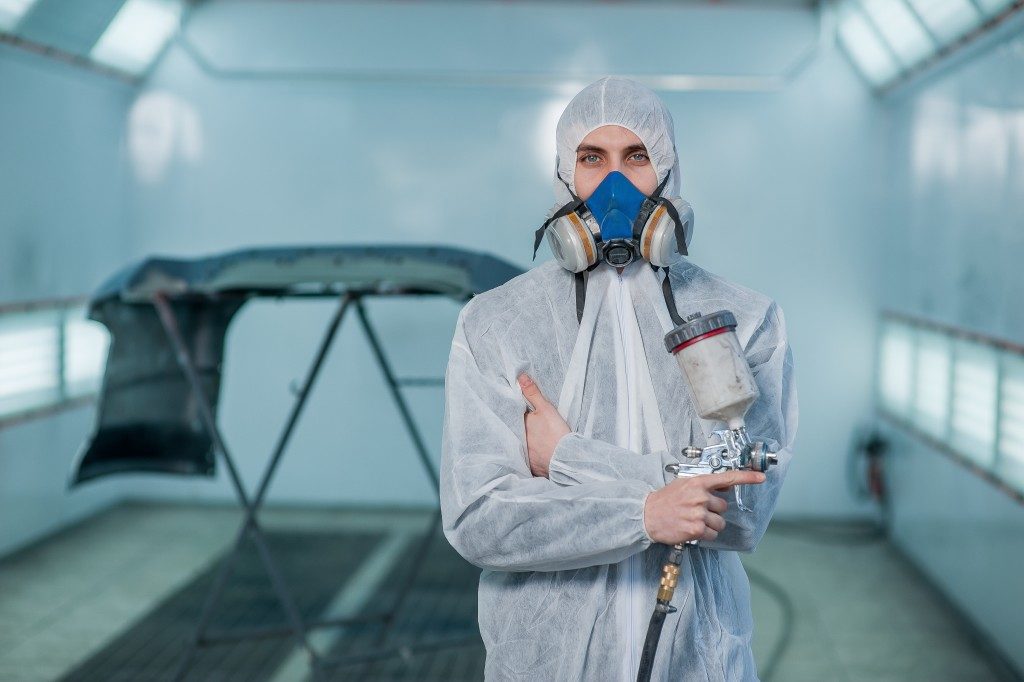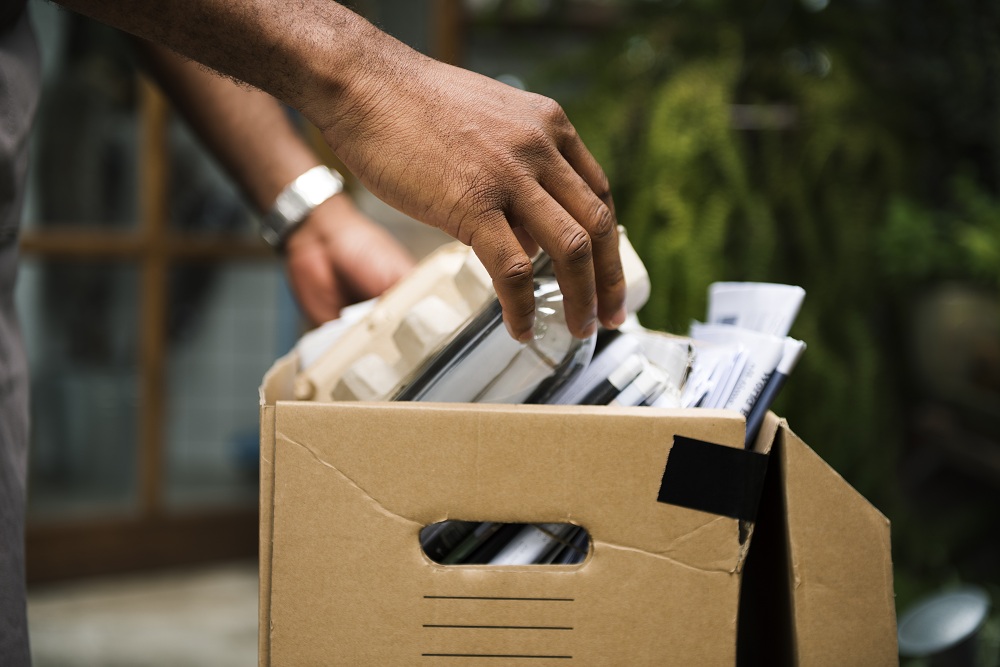For some people, their skincare routine is the last thing they have to worry about when traveling. Unfortunately, those with sensitive skin have to be careful because problems with their skin can ruin their fun. That doesn’t mean your condition has to get in the way of your vacation though. This can be easily remedied as long as you take extra measures on your trip.
If you want to have a hassle-free trip, then follow these steps to ensure that your skin is safe:
Be pickier with hotels
When deciding on your accommodation, you can afford to be a little pickier and choose more familiar ones. Sensitive skin can react badly to rooms with a lot of dust or poorly cleaned sheets. You want to prevent this as much as possible. Hotels, especially those with a lot of reviews, can give you an idea if their rooms are compatible with your skin type or not. Aside from that, you are also guaranteed that the sheets and furniture are regularly cleaned.
One benefit of choosing hotels over hostels is that you can make special requests or inquire. For instance, there are some that can allow you to borrow a humidifier if you need it. Hotel rooms usually come with their own special equipment to make it safer for all kinds of guests as well. In fact, a lot of popular hotels are following the trend of having hypoallergenic rooms.
In shared areas, some use special technology to make cleaning safer. For example, pools make use of organically balanced pH levels through equipment from trusted companies such as Poolsmith Technologies. Others use special porous wallpaper and flooring to reduce allergens in common and private rooms.
Never forget your own skincare products
As a general rule, try to avoid hotel products if you have sensitive skin, even if it is a high-end or luxury hotel. The main reason is that you can never be too sure what they use. It’s not that their soaps or shampoos are unclean, but the products are usually generic. So, the products they offer will not always be compatible with your skin conditions.
As much as possible, bring all the basic necessities with you, especially if you are using special products for treatment. This includes soap, shampoo, and facial cleansers. As for skincare, bringing everything might be too bulky. What you can do is just stick to the essentials. Aside from cleansers, you should have a toner, moisturizer, serum, and sunscreen. Everything else is just an add-on.
You should also tailor your skincare products to the weather of the area you are going to. Winter and summer products will have slight differences, especially if the country experiences it in extremes. This can mean switching from cream to gel-based in the summer or getting a lower SPF in winter.
Add protection from air pollution

Dirt and pollution in the air is something that you have to worry about as well. Admittedly, some places can have more smoke and dust than others. In this case, you may want to add an extra layer of sunscreen and moisturizer to shield your pores from the dirt. Some powder may also be helpful in limiting or keeping the pollutants out.
Wearing special face masks can else help reduce exposure to air pollution. Dermatologists say that face-covering can act as a protective barrier against environmental aggressors. It keeps the dirt from clogging and causing a reaction to your skin. However, they advise not to repeatedly pull it off and on because the pollutants will get trapped inside.
Bring extra shade
In some parts of the world, the sun it’s stronger than others. In that case, your skin might react more violently under the harsh glare. Aside from skincare, you need to make an extra effort to stay in the shade. When you are going out, don’t forget to bring a sunhat and some shades for protection.
Certain times of the day have much stronger sun than others. This is around 10 in the morning until three in the afternoon. The height of this is around noon or an hour past that. If possible, plan to be indoors during this time. The heat will make your skin irritated and sting. In the worst cases, you may develop blisters and rashes.
Even with these items on hand, a good practice is to have your medication or treatment with you in case you still get burned. You don’t know how available your products will be abroad, so it’s better to be safe than sorry.


